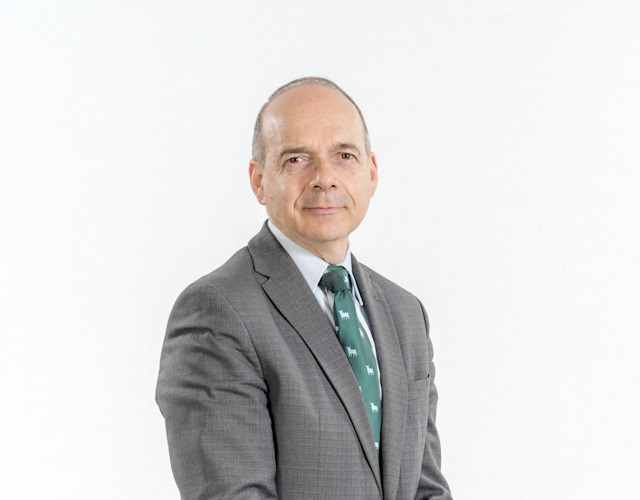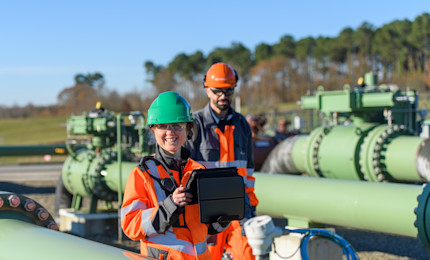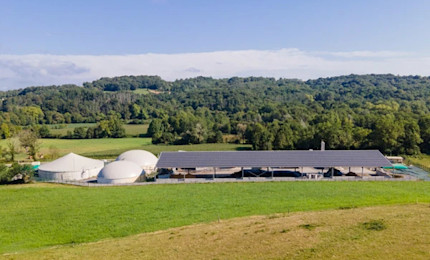Urgence gaz 0 800 028 800

Teréga, accelerator of the energy transition in the territories
For almost 80 years, our Group has been providing its customers with a secure, high-performance gas supply network, backed up by a regional network of more than 5,000 km of pipelines and two underground storage sites, at the strategic crossroads of major gas flows and at the heart of the European energy market.
Adapting the grid to new energy challenges
Teréga has held a strategic position in gas transmission and storage in France and Europe, at the crossroads of major energy issues. With a dense local network interconnected with the Iberian Peninsula, its 5,100 km network connects energy producers and consumers, guaranteeing maximum security of supply. The Group manages more than 15% of the gas transmission network in France. It concentrates a quarter of France's gas storage capacity on two sites, at Lussagnet (40) and Izaute (32).
Every day, Teréga works to ensure that the network can accommodate new low-carbon gases, such as hydrogen from renewable electricity sources, biomethane and synthetic methane. Determined to accelerate the decarbonisation of its territories and the development of renewable gases, the Group is mobilising all its capacities for innovation and collective intelligence to achieve this.
A historic commitment to develop biomethane
Teréga strives to make its infrastructures more flexible, capable of accommodating new renewable gases in order to sustain the energy supply of the territories while responding to the major challenges:
build a diversified energy mix,
focused on renewable energies,
by reducing greenhouse gas emissions,
and by promoting a virtuous and circular economy.
This approach is based on the conviction that biomethane is a key element in the diversification of this gas mix. Resources from agriculture are the main source of this energy for the future, enhancing territories and encouraging the maintenance of agricultural activity. In France, 80% of biomethane producers come from the agricultural sector.
Toward multi-energy grids
We are using the most advanced industrial and digital technologies to design multi-energy smart grids: systems within which the different energy sources are connected to one another to optimise usage, particularly by transferring resources lost by some consumers to other consumers that can use them at that precise moment.

Dominique MocklyChairman and CEO of TerégaThe challenges we have faced in 2023 have reinforced our credo: to focus on decarbonisation, by developing new gases through innovation.
A significant reduction in carbon and environmental impact
Because we are dedicated to setting an example, we are committed to an ambitious environmental footprint reduction process. It will be achieved by implementing huge transformations in our infrastructures and our ways of doing business, all part of our BE POSITIF programme.
Finally, we want to ensure the continued excellence of our information system while reducing its cost and environmental impact. Digital frugality is thus central to our digital strategy, optimised to reduce our consumption of resources. Digitising our grid also helps us support our customers in meeting their own greenhouse gas emission and energy frugality targets, offering them an accurate picture of their consumption.












